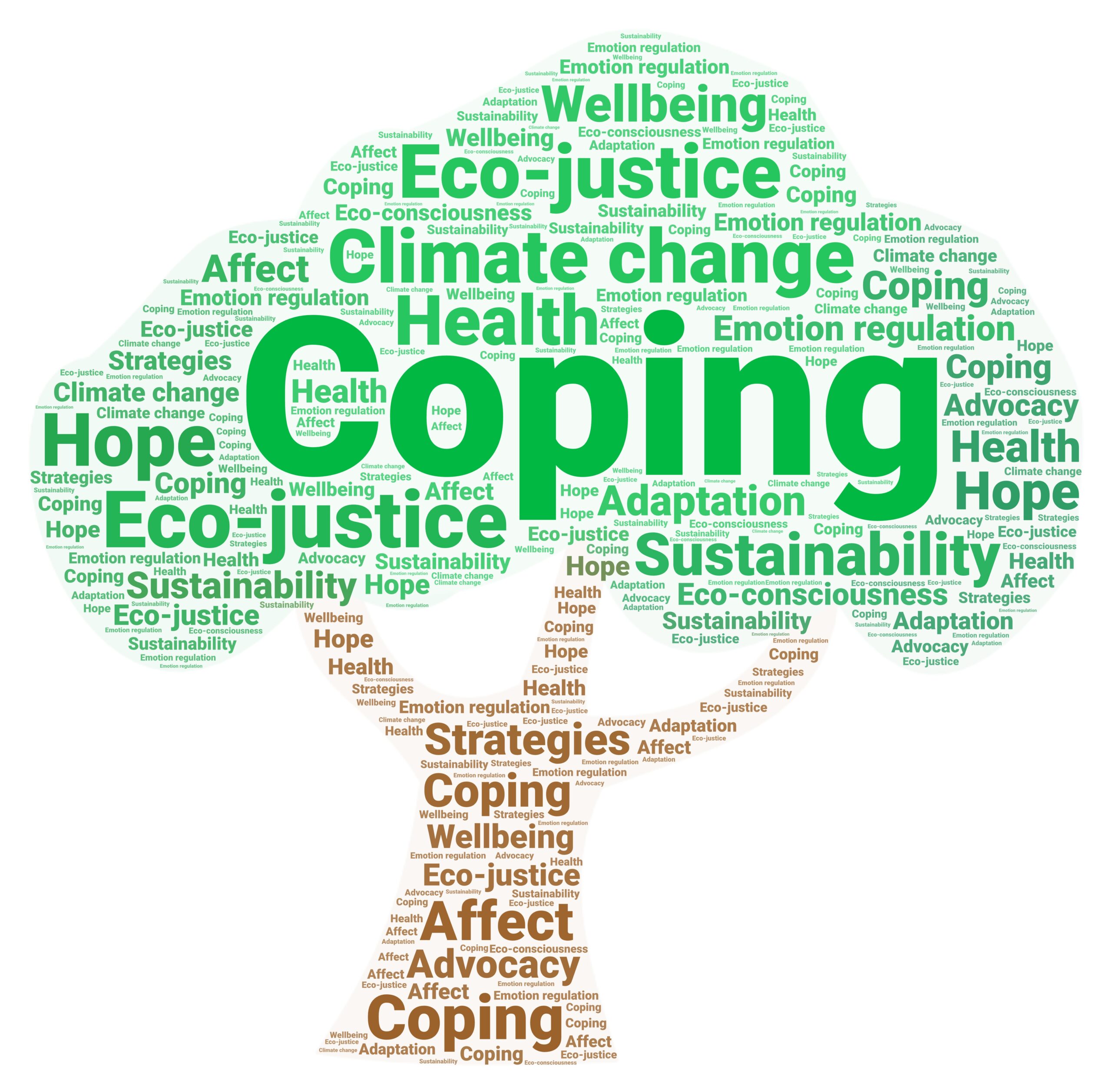Project Background
While climate change is predicted to have devastating impacts globally, it is crucial to recognize that historically marginalized communities are likely to bear the brunt of these effects. Research indicates that the health consequences of climate change will be unequally distributed depending on geographic, cultural, and socioeconomic factors. Taking the example from Utah, which continues to experience drastically detrimental impacts of climate change, historically marginalized communities (referred to as frontline communities) are at the forefront of climate change and likely to experience its worst outcomes; yet, they are not equipped with resources to protect themselves or others. These community members are largely minority populations of low socioeconomic status, such as refugee and immigrant families, which makes the climate change crisis not only an environmental issue but a matter of eco-justice. The current project will examine climate change-specific challenges and barriers experienced in everyday life by historically marginalized community members. Furthermore, we will utilize affective science, climate science, and community engagement research approaches to identify practical solutions for coping with everyday climate change stressors that adversely impact health and well-being and promote engagement in sustainability efforts among frontline community members.
Federal Program: This project is funded by the National Institutes of Health and has specific eligibility requirements. Applicants must: 1) be a matriculated, degree-seeking U undergraduate students; 2) be eligible to work in the US; and 3) be from an underrepresented group as defined by the National Institutes of Health. This includes people who are Black or African American, Hispanic or Latinx, American Indian or Alaska Native, Native Hawaiian, or other Pacific Islanders.
Student Role
Students are integral to the development and success of all ongoing projects in my lab. The SPUR student will be involved in several integral aspects of the research, including exploring and gaining an understanding of the existing literature, participant recruitment, data collection, analysis, and dissemination. Help will also be needed in maintaining proper research records and conducting data integrity checks and data cleaning; liaising with other team members to ensure continuity during intervention and assessments; and participating in project coordination meetings and presentation/manuscript generation. No previous experience is necessary to apply. The SPUR student will be trained on all relevant aspects of the research protocol to be able to implement the above.
Student Learning Outcomes and Benefits
This is a great opportunity for a student looking for hands-on experience in conducting research in affective science with real-world implications. The student will learn about important aspects of research, including relevant literature, study design, data collection, processing, analysis, and manuscript generation. This also includes learning about theoretical and practical foundations of experience sampling and behavioral methods. These research experiences are applicable to a wide array of professions and enhance students’ competitive edge when pursuing postgraduate studies or seeking employment opportunities.

Monika Lohani
The SPUR student will work closely with me as their mentor to gain hands-on research experience. After a discussion with the mentee, I like to identify goals for their duration of involvement in the lab and also set a concrete plan to be able to meet their professional development goals. I craft involvement and responsibilities with the student priorities in mind. The student will have regular one-on-one meetings with me to help build research and professional development that will be valuable for their future goals.
To learn more about HAPPIEST, please visit here!
The Affective & Cognitive Regulation (ACR) Lab integrates basic and applied perspectives to understand how people adapt to the cognitive demands present in real-world contexts and what works for whom. We conduct this work in two different kinds of contexts – human-technology interactions and socioemotionally stressful situations. The ACR lab is also interested in evidence-based interventions and utilizing technology to facilitate healthy self-regulation, psychological well-being, and performance.
Research at the ACR lab is based on an interdisciplinary foundation that leverages multimodal assessment methodologies including behavioral (e.g., eye-tracking and human performance), psychophysiological (e.g., cardiovascular activity and electroencephalography), and self-report (e.g., experience sampling) measures.
